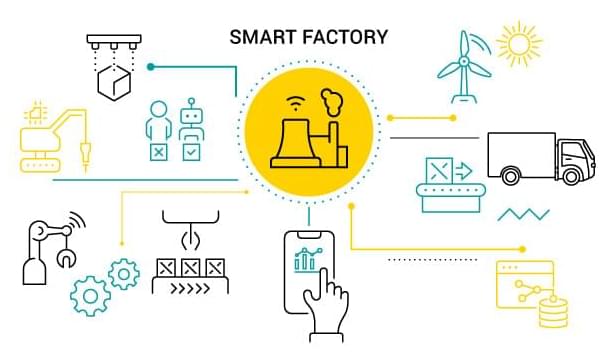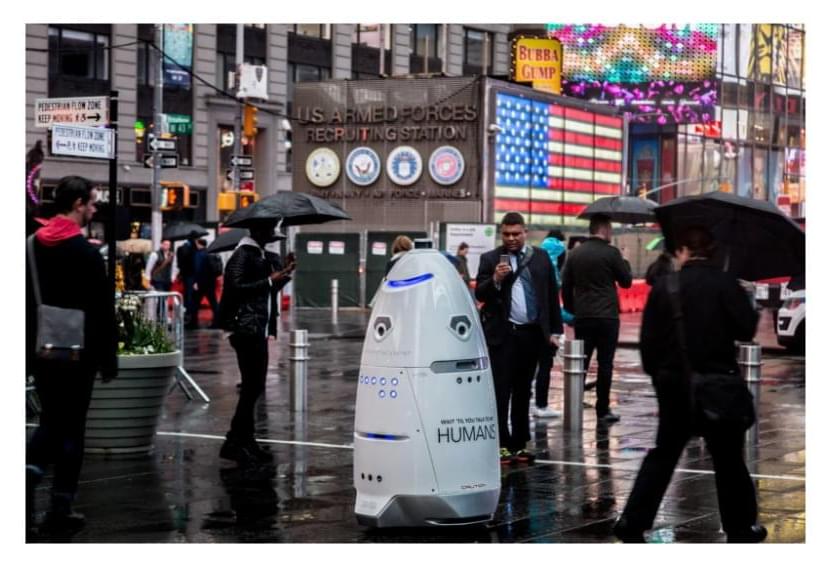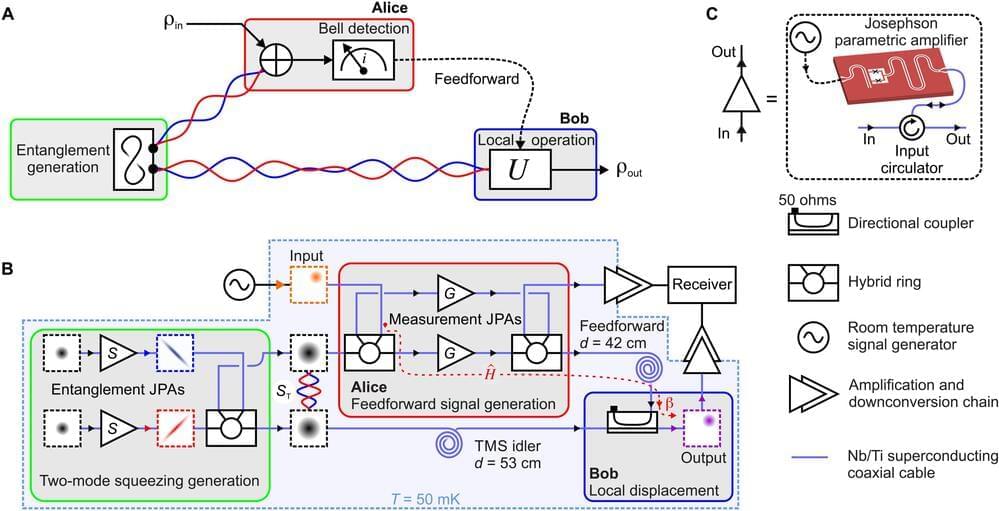Xage, which offers zero trust identity security for operational technology customers, raised a $30 million series B to scale its deployments.



Smart factories will be very useful in metaverse.workers can operated machines in factories using Internet.
As the idea of interconnected and intelligent manufacturing is gaining ground, competing in the world of Industry 4.0 can be challenging if you’re not on the very cusp of innovation.
Seeing the growing economic impact of IIoT around the globe, many professionals and investors have been asking themselves if the industry is on the verge of a technological revolution. But judging from the numbers and predictions, there is tangible and concrete evidence that the idea of smart manufacturing has already burst into corporate consciousness. According to IDC, global spending on the Internet of Things in 2020 is projected to top $840 billion if it maintains the 12.6% year-over-year compound annual growth rate. There is no doubt that a huge part of this expenditure will be devoted to the introduction of IoT into all types of industry, especially including manufacturing.
But there is not only the forecasts and statistics to tell us that the idea of Industrial Internet of Things is gaining traction across virtually all business sectors. Having already proven to be the crunch point in manufacturing, IIoT brings the reliability of the machine to machine communication, the security of preventive maintenance and the insight of big data analytics. In other words, the IIoT revolution has already begun.


Picture credit: Knightscope.
The following post was written and/or published as a collaboration between Benzinga’s in-house sponsored content team and a financial partner of Benzinga.
Robots patrolling around shopping malls, casinos and places of work actively looking for criminal activity might no longer be something straight out of a science fiction novel or movie. Knightscope, Inc., a Silicon Valley Based startup, is building and deploying fully autonomous security robots that deter, detect and report crime.


The field of experimental quantum communication promises ways of efficient and unconditional secure information exchange in quantum states. The possibility of transferring quantum information forms a cornerstone of the emerging field of quantum communication and quantum computation. Recent breakthroughs in quantum computation with superconducting circuits trigger a demand for quantum communication channels between superconducting processors separated in space at microwave length frequencies. To pursue this goal, Kirill G. Fedorov, and a team of scientists in Germany, Finland and Japan demonstrated unconditional quantum teleportation to propagate coherent microwave states by exploring two-mode squeezing and analog feedforward across a distance of 0.42 m. The researchers achieved a teleportation fidelity of F= 0.689±0.004, which exceeded the asymptotic no-cloning threshold, preventing the use of classical error correction methods on quantum states. The quantum state of the teleported state was preserved to open the avenue towards unconditional security in microwave quantum communication.
Quantum teleportation (QT).
The promise of quantum communication is based on the delivery of efficient and unconditionally secure ways to exchange information by exploring the quantum laws of physics. Quantum teleportation (QT) is an exemplary protocol that stands out to allow the disembodied and safe transfer of unknown quantum states using quantum entanglement and classical communication as resources. Recent progress in quantum computation with superconducting circuits has led to quantum communication between spatially separated superconducting processes functioning at microwave length frequencies. Methods to achieve this communication task includes the propagation of two-mode squeezed (TMS) microwaves to entangle remote qubits and teleport microwave states to interface between remote superconducting systems. Fedorov et al. demonstrated the deterministic QT of coherent microwave states by exploring two-mode squeezing and analog feedforward across a distance of 0.

Today, technical decision-makers at companies, whether big or small, try to look for flexible ways to speed up application development and ensure long-term scalability for their engineering teams. Configuring solutions such as AWS requires a team of in-house experts, which is expensive and takes time to build. In fact, more than 77% of all tech companies run into DevOps challenges across the board, including cost, risks, security, optimization of the deployment pipeline, and scaling.
San Francisco-based Zeet, a platform that solves DevOps challenges and accelerates application deployment for startups, has raised $2 million in a seed round of funding led by venture capital firm Race Capital. The company plans to use the funding, which also saw participation from GGV Capital, Founders Inc, and multiple engineering leaders, to build out its teams across areas ranging from engineering to marketing and meet growing demand from customers.
Founded in 2020 by Johnny Dallas and Zihao Zhang, Zeet strives to tackle these bottlenecks through automation. The solution connects to a cloud account and automates traditionally manual DevOps tasks, allowing a team to quickly go from code to a scalable application.

A number of four-legged robot dogs made by companies like Boston Dynamics, Anybotics and Ghost Robotics have been deployed in the workforce already for applications like inspections, security and public safety among others. At their core, these four-legged robots are mobility platforms that can be equipped with different payloads depending on the type of information that companies want to gather.
Experts predict the insurance industry alone will spend $1.7 billion on robotics systems in 2025. And other industries may follow suit. Amid the pandemic, a tight job market is forcing many companies to turn to automation. A survey done in December of 2020 by McKinsey, showed that 51 percent of respondents in North America and Europe said they had increased investment in new technologies during 2020, not including remote-work technologies.
» Subscribe to CNBC: https://cnb.cx/SubscribeCNBC
» Subscribe to CNBC TV: https://cnb.cx/SubscribeCNBCtelevision.
» Subscribe to CNBC Classic: https://cnb.cx/SubscribeCNBCclassic.
About CNBC: From ‘Wall Street’ to ‘Main Street’ to award winning original documentaries and Reality TV series, CNBC has you covered. Experience special sneak peeks of your favorite shows, exclusive video and more.
Connect with CNBC News Online.
Get the latest news: https://www.cnbc.com/
Follow CNBC on LinkedIn: https://cnb.cx/LinkedInCNBC
Follow CNBC News on Facebook: https://cnb.cx/LikeCNBC
Follow CNBC News on Twitter: https://cnb.cx/FollowCNBC
Follow CNBC News on Instagram: https://cnb.cx/InstagramCNBC
#CNBC
